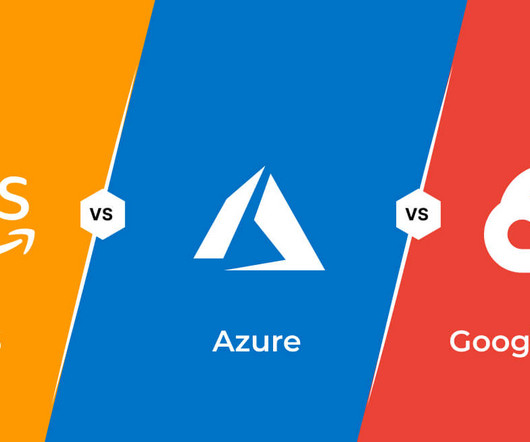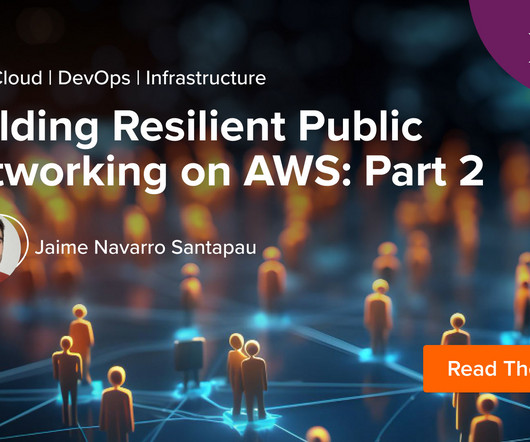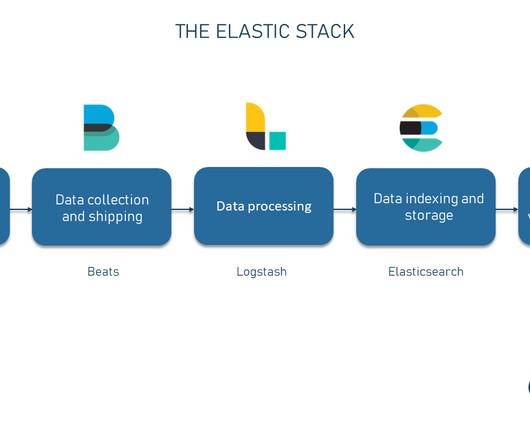AWS vs Azure vs Google Cloud: What’s the best cloud platform?
Openxcell
MAY 12, 2023
Millions of dollars are spent each month on public cloud companies like Amazon Web Services, Microsoft Azure, and Google Cloud by companies of all sizes. In comparison of AWS, GCP, and Azure’s capabilities and maturity, AWS is now significantly larger than both Azure and Google Cloud Platform.















Let's personalize your content